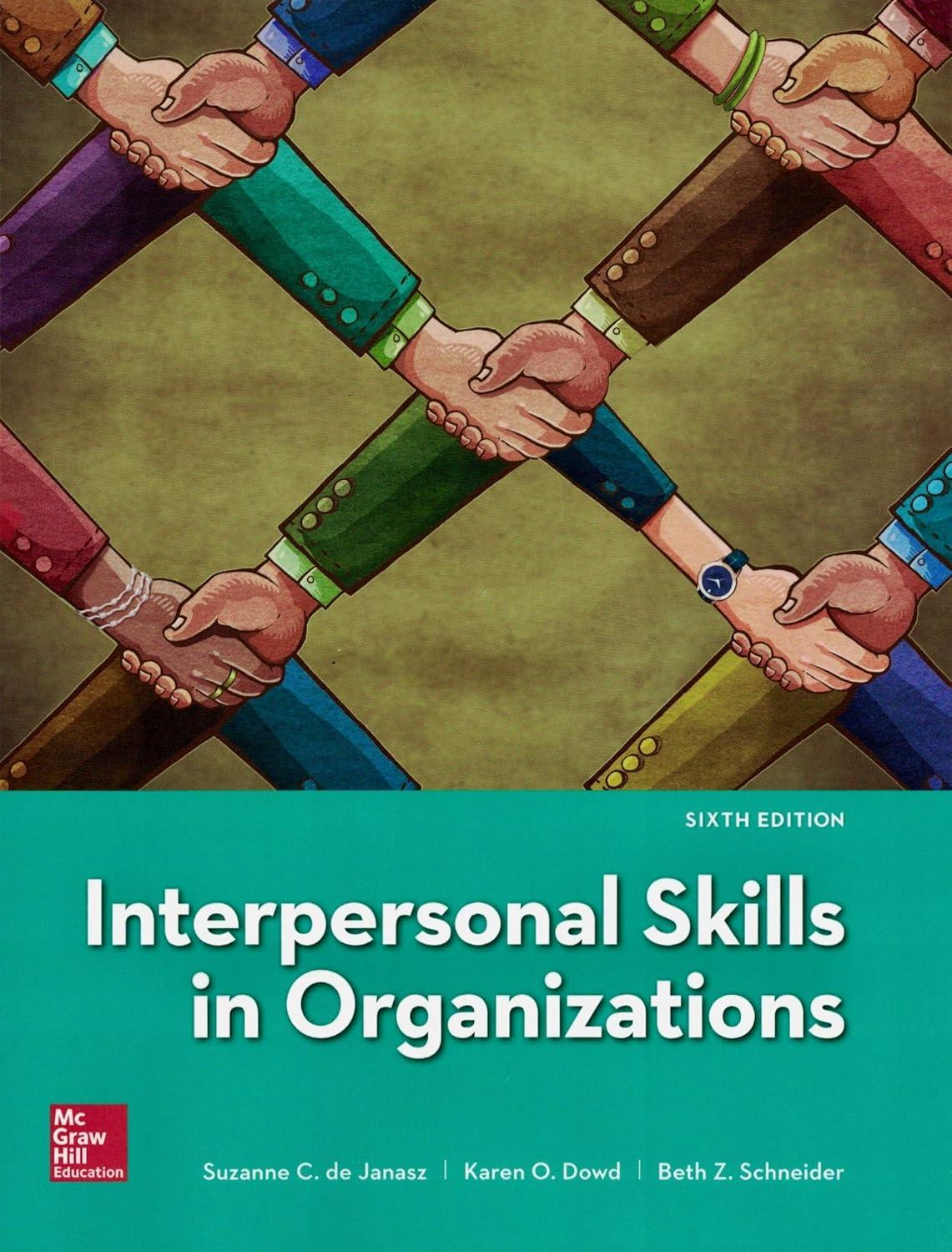Assume that the cafe has a constant marginal cost of 10, and that integration (merger) is not
Question:
Assume that the cafe has a constant marginal cost of 10, and that integration (merger) is not a possibility because each owner greatly enjoys owning and operating his own establishment.
a. In the absence of a contract between the parties, do the firms behave in an efficient fashion? If not, describe the range of contracts that might emerge in response to the externality problem present in the environment. In answering this question, assume Smith understands how the bakery odor affects demand at the cafe, and Jones knows how much Smith dislikes street noise.
b. Suppose now everything is the same as above, except that given the current seating arrangement in the cafe, the cafe does not face a higher demand when the bakery windows are open. To realize this higher demand, Jones needs to make a sunk investment of 50, which moves the tables closer to the bakery. Is it wise for Jones to make this investment prior to Smith and Jones signing a contract?
Explain.
c. Go back to the initial setup, but now assume that Smith’s disutility from street noise equals 50 rather than
Step by Step Answer:

Interpersonal Skills In Organizations
ISBN: 9781259911637
6th Edition
Authors: Suzanne De Janasz, Karen Dowd, Beth Schneider






